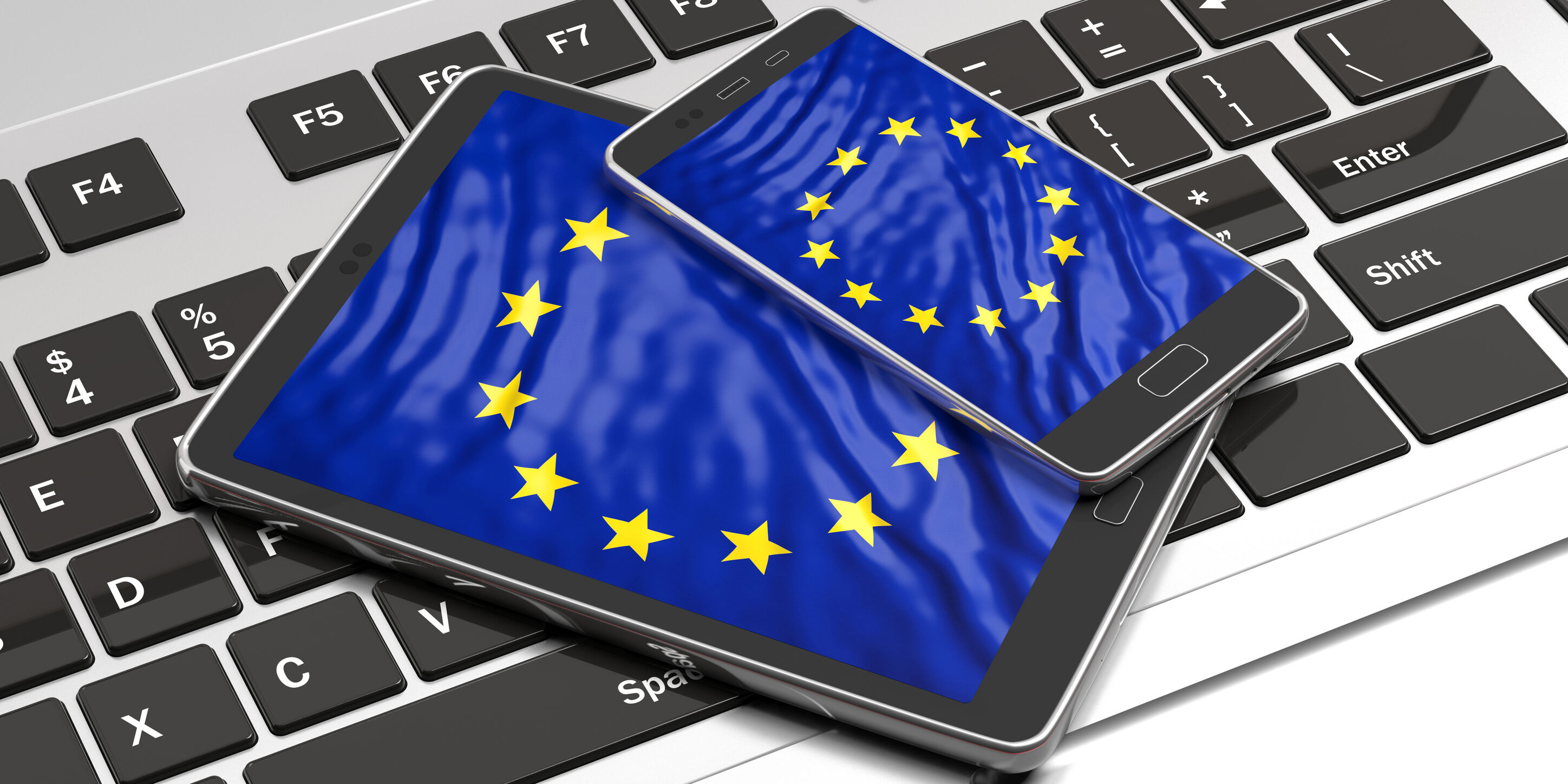The European Union has taken a significant step towards a streamlined digital identity landscape with the adoption of a legal framework for a secure digital wallet accessible to all EU citizens. This landmark decision, announced on March 26, 2024, paves the way for a standardized system that promises to simplify online interactions and empower individuals with greater control over their digital identities.
The core of this initiative lies in the creation of European Digital Identity Wallets (EDIWs). These secure mobile applications will function as digital vaults, allowing citizens to store verified electronic versions of official documents like passports, driver's licenses, and educational certificates. The key advantage lies in the interoperability of the system – EDIWs will be recognized across all EU member states, eliminating the need for repetitive credential verification processes.
This standardized approach stands in stark contrast to the current situation, where a patchwork of national digital identity systems often creates hurdles for citizens seeking to access services online. For instance, a Spanish citizen trying to register for an online course offered by a German university might face difficulties due to incompatible authentication systems. EDIWs promise to bridge this gap, fostering a seamless and secure online experience for all EU citizens.
Beyond streamlining access to public services, EDIWs also hold immense potential for the private sector. The framework allows for the inclusion of non-government issued credentials within the wallet, with user consent as a cornerstone principle. Individuals could opt to store loyalty cards, bank details, or even private healthcare records within their EDIWs, creating a centralized hub for managing various aspects of their digital lives.
However, concerns regarding data privacy remain a key point of discussion. The EU has emphasized robust security measures within the framework, mandating user control over what information is shared and with whom. Additionally, member states will be responsible for ensuring the highest cybersecurity standards for EDIWs to prevent unauthorized access or data breaches.
The successful implementation of EDIWs hinges on a collaborative effort between member states and private entities. National governments will need to develop secure and user-friendly wallet applications, while ensuring interoperability with existing infrastructure. Private companies will need to adapt their systems to recognize and integrate with EDIWs, creating a user-centric digital ecosystem.
The rollout of EDIWs is expected to be gradual, with member states having a set timeframe to implement the framework. While the exact timeline remains under negotiation, experts anticipate a phased approach, with initial functionalities becoming available within the next few years.
The EU's embrace of a standardized digital wallet system represents a significant step towards a more unified and secure online environment for its citizens. As EDIWs gain traction, their impact is expected to extend beyond borders, potentially influencing the development of digital identity frameworks globally.

